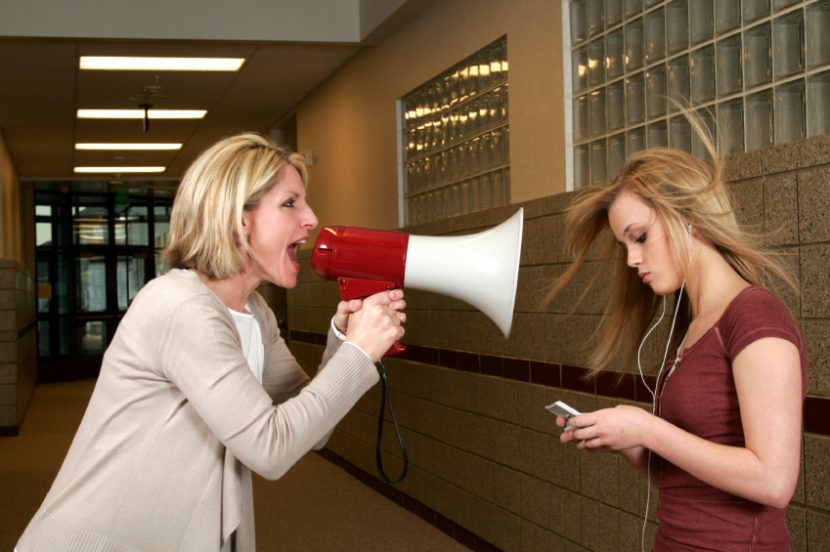Are you a candidate for hearing loss?
Do you have earbuds dangling from your ears most of your waking hours?
Do you jam in your basement with a drummer and maybe a sax or trumpet player?
Do you like to dance in front of the speakers at concerts?
If you answered yes to any of these, consider yourself typical. And probably on your way to hearing loss if you’re not already there.
It’s not just old folks who suffer from hearing loss. In fact, in August of 2010, Josef Shargorodsky, M.D., M.P.H., from Brigham and Women’s Hospital in Boston, shared the results of his studies of 12-19 year olds with this unnerving statement: “About one out of five adolescents in the United States has at least some evidence of hearing loss and moreover about one out of 20 has at least mild hearing loss.”
Reasons for Noise-Induced Hearing Loss
Noise-induced hearing loss, also known as “NIHL,” results from damage to hair cells in the ears, whose job it is to convert sound into electrical impulses that travel to the brain. Unlike fingernails and bone and other parts of the body that repair themselves, damaged hair cells don’t grow back regardless of whether they’ve been injured by “acoustic trauma” –– such as a one-time explosion or gun shot –– or whether they’re damaged as a result of continuous loud sounds from practicing, rehearsing with an ensemble or orchestra, performing, and attending concerts of friends, faculty and well-known performers. Earbuds are especially linked to causing hearing loss because they don’t cancel out as much noise as headphones and the wearer typically has to listen to music through them at a higher volume in order to drown out peripheral noise. In fact, a 2008 study of European mp3 users indicates that listening to music at high volumes for more than an hour a day puts the user at risk for hearing loss after five years. According to the National Institute on Deafness and other Communicable Disorders, “The louder the sound, the shorter the time period before noise-induced hearing loss can occur.”
What to Do
1. The first rule of thumb: Use protection! Music schools should be making this a requirement before you enter their hallowed halls. But they don’t. So it is up to you to take the time and spend the money to equip yourself with genuine musician ear plugs. These are custom-molded to prevent the muffled quality you get from over-the-counter ear plugs, cotton wads and anything else you might stick in your ear to try to convince yourself that you are protecting your hearing. They are made to be worn comfortably for hours on end and to provide balanced, undistorted sound. They are also made with the rest of your hearing life in mind. Research seems to concur that drummers should look for ER-25 plugs and other musicians can stick with the ER-15 models. As you move forward in your music career, you’ll probably want to look seriously at investing in in-ear monitors, the more expensive protection used by professional musicians.
2. Think about where and how you practice and rehearse. Can you avoid small practice rooms with hard surfaces especially for the really loud pieces that use lots of brass and percussion or piccolos? How about alternating loud with softer pieces? Can you take regular quiet breaks during rehearsals? Check the links below for more suggestions as to how to practice and rehearse with the safety of your hearing in mind.
3. Talk about hearing loss concerns and hearing protection with your professors, the administrators of your school, your fellow musicians. Hearing loss is rampant among professional musicians, including classical performers. Yet historically, it has not been recognized as a common, preventable problem. You can actually help change that by speaking up and taking steps to maintain your hearing.
4. Request modifications to practice rooms and performance venues that support your hearing as well as that of your fellow performers. Ask for suggestions on ear plugs.
5. Get a baseline hearing test and repeat it every year or two. It will help you know more about your starting point in case you notice changes in your hearing over time. It may also help you come to grips with the fact that your hearing is crucial to being a musician and that the sooner you start protecting your hearing, the longer you will have it.



Max
You make a great point about requiring earplugs. I’ve seen quite a few students with them; however the majority of them don’t, and it seems like if you were surrounded with music on a constant basis you would want to protect your ears.
It’s like sunscreen for your skin or sunglasses for your eyes. You spend so much time in the sun, that you need some sort of protection to stay healthy down the road!
MajoringInMusic
Great perspective. Thanks!